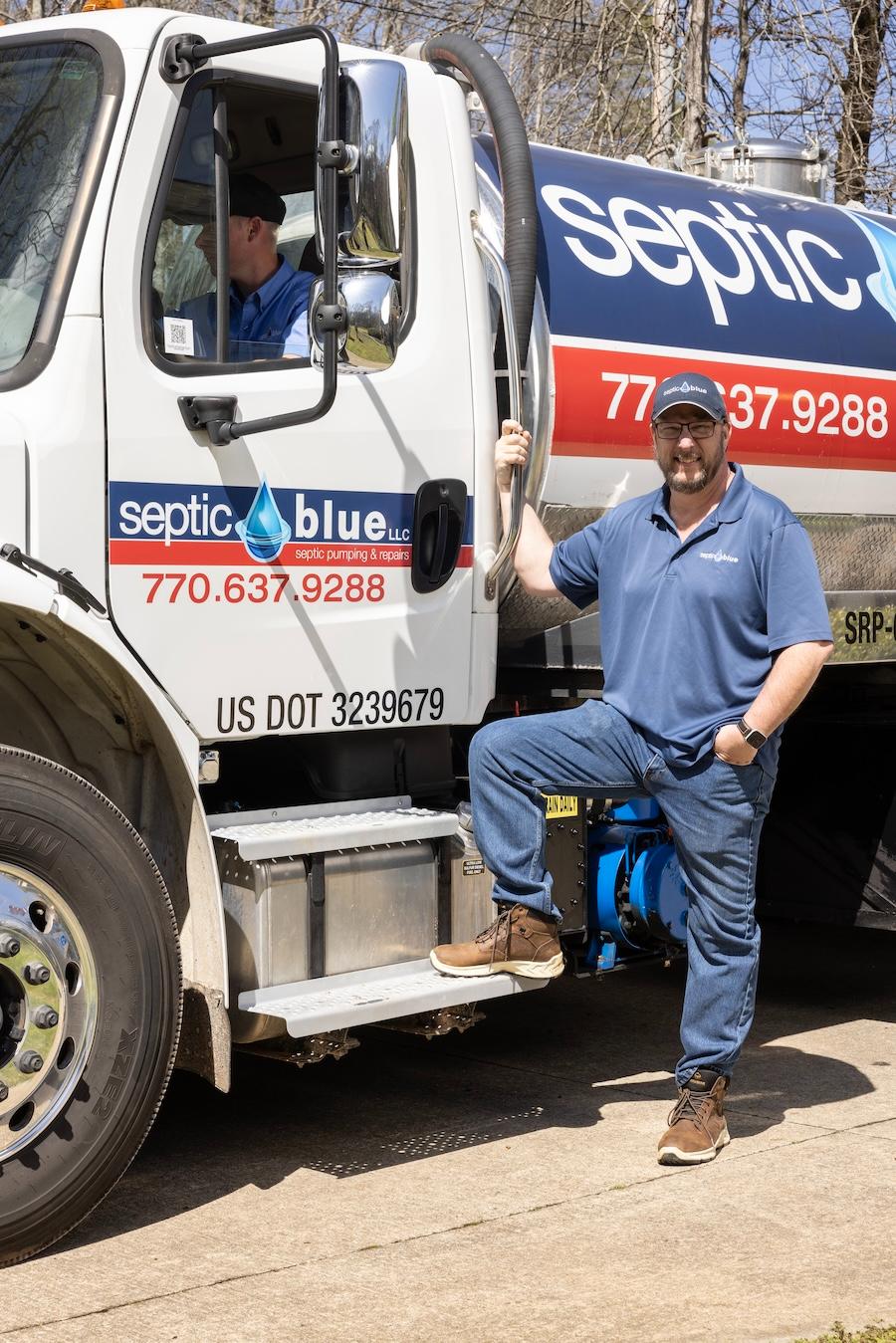Free Septic System Inspection ($99 Value) Free enzyme treatment, Financing Available
Request Service Now!
407-565-7044Free Septic System Inspection ($99 Value) Free enzyme treatment, Financing Available
Request Service Now!
407-565-7044
Septic systems are designed to contain and treat waste and wastewater produced by your household. However, these systems can release foul odors into your living space and yard when things go wrong, creating an unpleasant and potentially hazardous environment. In this brief article brought to you by Septic Blue, we shed light on the common causes of septic odors and offer insights into how to prevent and address these issues.
If you’d rather have a specialist from a reputable septic company come and investigate your septic system, then call Septic Blue to schedule a convenient appointment or request urgent assistance. Our team is on standby to take your call or message at any time of the day.
The way you use your household plumbing can impact the efficiency of your septic system and contribute to odor problems:
Flushing items like sanitary products, diapers, or paper towels can clog the septic system and lead to backups and odors while using large amounts of water in a short period can overwhelm the septic system, preventing it from effectively treating wastewater. Finally, using harsh chemicals like bleach and drain cleaners can kill the beneficial bacteria in your septic tank, disrupting the treatment process and leading to odors.
Neglecting regular maintenance, such as septic tank pumping and cleaning, can result in blockages, backups, and the release of odors.
Septic tanks need to be pumped every 3-5 years to remove accumulated sludge. Failure to do so can cause the tank to overflow, leading to unpleasant smells. Clogged vent pipes and a saturated drain field can also force odors back into your home or out into the yard.
Some things are out of control, but they are reality. Various environmental factors can affect the performance of your septic system and cause odors.
Heavy rainfall, invasive tree roots, and cold weather are some environmental risks worth noting. Excessive rainfall can saturate the drain field, tree roots can infiltrate septic pipes and tanks, and frozen ground can hinder the septic system's ability to disperse wastewater.
Over time, the various components of a septic system, such as the tank, pipes, and seals, can deteriorate or become damaged. This degradation can lead to leaks and the release of foul odors. Cracks, deteriorated seals, and corroded pipes are destructive, but a stitch in time saves nine. So, arrange a septic tank repair sooner rather than later if you want to avoid big headaches down the line.
Regular maintenance, including periodic septic tank cleaning, sets the foundation for a reliable and safe septic tank. Also make sure to conserve water by spreading out water usage, and be careful with what you flush. Do not flush non-biodegradable or anti-bacterial substances down the drains.
If your septic tank installation is giving you cause for concern, then call Septic Blue to consult with a member of our team. We are happy to schedule a convenient appointment or arrange an urgent dispatch for as soon as possible.
Flushable wipes have become the go-to product for those looking for a feeling of superior cleanliness, hygiene, and freshness compared to dry toilet paper. But are flushable…
Your septic system plays a crucial role in keeping your living and working spaces safe. While these systems are designed to last, they can become overwhelmed during…
Maintaining a functional and healthy septic system does not have to be complicated and stressful. Regular septic cleaning and pumping go a long way in protecting your…
As a homeowner, dealing with septic emergencies can be a nightmare. With this in mind, hiring a licensed septic company in Orlando, FL for routine maintenance…